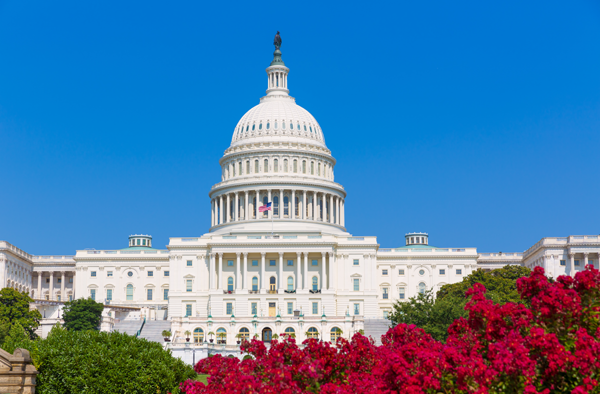Fed tightening set to continue
US interest rates look likely to continue their rise as Federal Reserve (Fed) Chair Jerome Powell confirmed that the central bank will continue to raise them as high as necessary for as long as needed in order to curb inflationary pressures. Consumer price inflation eased from 9.1% year on year in June to 8.5% in July. Although food and housing costs continued to climb, this was offset to some degree by a decline in fuel costs. The Dow Jones Industrial Average Index fell by 4.1% during August.
No gain without pain
Speaking at the annual Jackson Hole Symposium, Chair Powell acknowledged that this would entail “a sustained period of below-trend growth” that would intensify pressure on US households and businesses. Nevertheless, he maintained that failure to restore price stability would cause “far greater pain”. He drew on history to support his argument, harking back to the 1970s when inflation became entrenched and warned: “Without price stability, the economy does not work for anyone”.
Record inflation in the eurozone
The eurozone’s rate of inflation reached record levels in August, rising from 8.9% year on year in July to 9.1%. Energy prices rose by 38.3% over the period, and inflation has already breached 20% in Latvia, Lithuania and Estonia. Meanwhile, energy costs drove up German producer prices at an annualised rate of 37.2% during July, representing their largest-ever recorded increase. Concerns over the outlook for the eurozone’s economy have undermined the euro , which fell to a 20-year low against the US dollar during the month.
“Undesirably high”
The European Central Bank (ECB) expects inflation to “remain undesirably high for some time”, stoked in part by a weaker euro. Policymakers implemented an increase of 0.5 percentage points in the ECB’s key interest rate during July, and further tightening is expected in September. During August, the Dax Index fell by 4.8%.
Japan rebounds
Having expanded by 0.1% during the first three months of 2022, Japan’s economy expanded by 2.2% year on year during the second quarter, boosted by strong private consumption) following the lifting of Covid-related restrictions. The Nikkei 225 Index rose by 1% during August. Elsewhere in the region, the Reserve Bank of Australia raised its key interest rate to 1.85% in a move designed to curb inflation, which has reached its highest level since the early 1990s.
All details are correct at the time of writing (16 Sept. 2022).
The above article was supplied by Marketing in Partnership.


